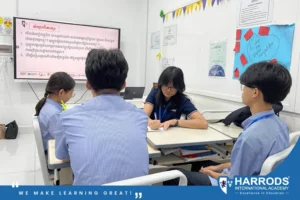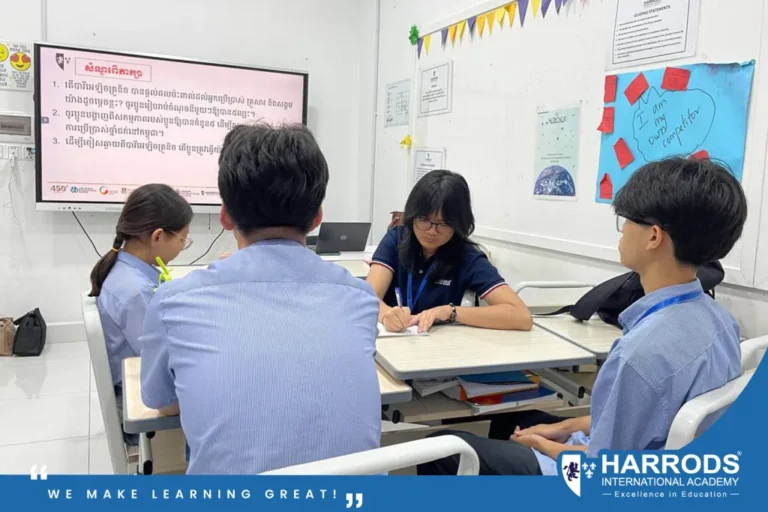Table of Contents
Kids in our modern and fast-paced world spend more time on digital gadgets than ever. It can disturb their physical and emotional health, restricting their interpersonal abilities. Excessive screen time can impact posture, hindering their sleep cycle and lowering attention spans.
This article will highlight effective techniques parents can adopt to reduce screen time. Following these tips will help children balance between digital and real-world activities.
Negative Impact of Screen Addiction on Children
Strain on Eyes and Poor Posture:
Excessive screen time induces digital eye strain, causing dryness, burning and migraines. Prolonged screen usage can also impact posture alongside back and neck pain. Hunching over screens is common among children and can affect their spinal health. Encourage frequent breaks and supportive ergonomics to help avoid these adverse outcomes.
High Possibility of Childhood Obesity:
Long hours spent on screens limit physical exercise, raising the risk of obesity in children. Passive screen time has taken over physical activities, causing weight gain and related health problems. Snacking when using technology exacerbates the situation. Promoting physical endeavours and restricting screen usage during mealtime lets kids develop healthy routines.
Heightened Anxiety and Mood Swings:
Excessive social media and short-form content exposure can trigger stress levels in students at international schools in Phnom Penh. Overstimulation weakens mental control, causing increased anxiety, mood swings, and dissatisfaction. Limited real-world connections can have an impact on confidence. Encourage mindfulness, social interactions and screen-free zones to nurture mental wellness.
Reduced Focus and Intellectual Growth:
Constant screen exposure might reduce a child’s attention span, rendering it hard to focus on academics. Fast-paced digital entertainment trains the brain for rapid reward, which reduces patience for deep reflection. It can limit the problem-solving ability and cognitive growth. Encourage reading, games, and hands-on activities to improve attention and intellectual thinking.
Disrupted Sleep Cycles and Quality:
Blue light from devices hinders melatonin production, making it harder for students to sleep. Erratic sleeping patterns can lower attention, causing exhaustion and fatigue. Late-night screen time overstimulates the brain, diminishing sleep quality. Building a screen-free routine, using dim lighting, and engaging in relaxing activities will help them lower screen time and sleep better.
Decline in Academic Performance:
Excessive screen usage could disrupt homework, assignments and learning routines, resulting in poorer learning outcomes. These distractions lower attention and hinder retention and recall. Late-night screen use deprives them of sleep, which affects students’ productivity. Setting organised screen limitations, prioritising study time, and encouraging offline learning contribute to academic achievement.
Practical Strategies for Minimising Screen Time
Create Tech-Free Spaces and Routines:
Designating specific regions of your house as screen-free spaces, like the eating area and bedrooms, promotes healthy behaviours. Teaching habits like screen-free meals and nightly routines boost deeper connections. These practices push children to step back from their devices and engage in real-world activities. It results in enhanced attention, relaxation and enjoyable family time.
Promote Outdoor Play and Adventures:
Enabling physical activity lets kids stay active, build social skills, and explore the outdoors. Cycling and group sports are effective ways to reduce screen time while supporting physical fitness. Free outdoor experiences can grow creativity and problem-solving abilities. Limiting screen usage by scheduling family outings can promote a lifelong love for nature and exploration.
Boost Creativity Using Hands-On Tasks:
Interactive activities like art forms, crafts, music and DIY projects help kids develop their creativity and problem-solving abilities. They make a simple and screen-free method to support fine motor skills in children. Promoting activities like painting, building structures, or practising an instrument keeps children engaged while limiting screen time.
Spend Family Time Without Distractions:
Quality family time promotes ties and enhances communication, whereas screens pose a significant distraction. Setting aside specific screen-free times, like family game evenings, shared dinners, or weekend trips, develops stronger ties. Participating in fun activities helps kids to develop social abilities and emphasises the value of real-world interactions after the admission procedure in schools.
Set the Right Example with Healthy Habits:
Children learn by seeing their parents, making it critical to model safe screen habits. Limiting personal electronic usage, engaging in offline activities, and emphasising face-to-face interactions all set an excellent example. Establishing tech-free periods, which include reading or outdoor time, promotes balance and encourages young ones to follow responsible digital habits.
Celebrate and Reward Screen-Free Behaviour:
Positive reinforcement can encourage children to give up their screen time. Rewarding screen-free activities via appreciation, extra game time, and getaways promotes healthy behaviours. Implementing a creative incentive system, like a sticker chart or family challenge. It makes limiting screen time a pleasant and gratifying task for young children.
Conclusion
Reducing kid’s screen time is primary for their mental, physical, and intellectual development. Parents can create a positive digital environment by following the above tips to reduce screen time, like laying clear boundaries, promoting outside play, and facilitating creative pursuits.
Leading with good behaviours and promoting screen-free behaviours help kids develop self-control and healthier lifestyles. Instead of imposing strict rules, a thoughtful approach to technology ensures kids benefit from technology while prioritising real-world experiences.



























